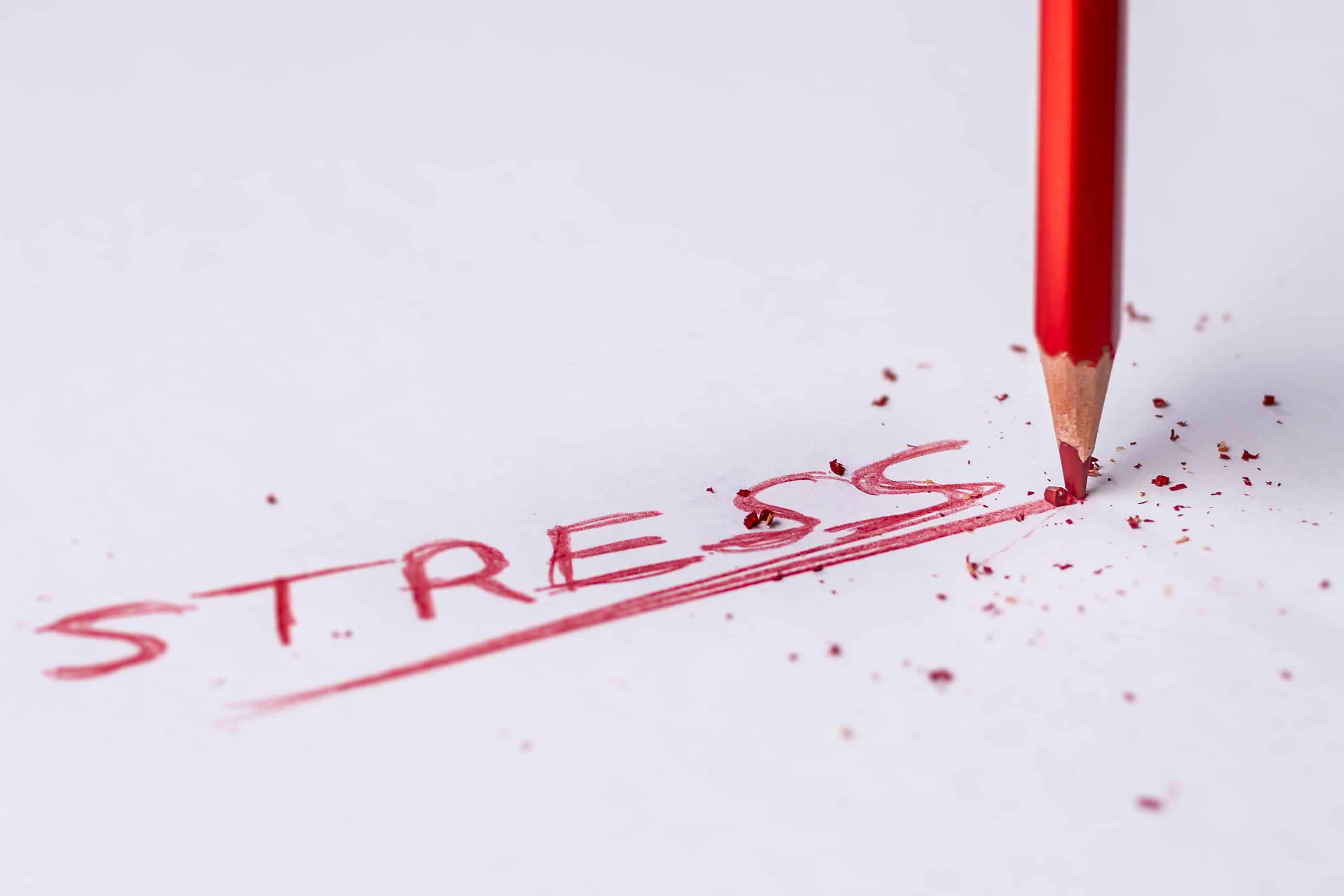Let’s face it: stress builds, anxiety grows, and a laundry list of things influence and pressure us. While we may think that the mounting chorus has been muted in our lives—without proper self-care and awareness—stress and anxiety still operate underneath the surface. The question then becomes, what can we do to address this stress in a healthy way? Ignatius has three suggestions.
Presume the Best of Others
Conversation often includes miscommunication, ambiguity, or seemingly offensive statements… It’s easy to take it personally, which can have a negative effect on our well-being as we dwell in the hurt and worry, demonize the other person, or imagine ourselves in a “fight” which may or may not actually exist.
In response, Ignatius encourages us to “assume the best” possible interpretation in every encounter and story—in what the person is saying and of the person themselves.
We should ask: Could I be misunderstanding the statement/person? Is there a different, more positive way I could interpret the story/person? Even if incomplete, is there some truth to what this person says? Where is this statement or action coming from—could it be from a different understanding or experience than my own?
If after asking, we still can’t quite make sense of the person’s statement, Ignatius encourages us to seek clarification. Perhaps, we’ll grow from a deeper understanding of their position. Perhaps, we’ll grow to see them as human and struggling with a complex world, just like us. Maybe, after all of that, we’ll still find what the person says is incorrect. But even then, we can remain civil and kind.
Ultimately, we are invited to see the person as a human being, loved by God. It makes our lives and communication less of a battle or fight—it creates opportunities of deeper encounter.
Keep Things, Only as Much as They are Helpful
Anxiety and stress can arise not simply from bad habits, but from good habits that might need to be adjusted for our particular circumstances. For example, running is a great exercise, but if you have an injury it’s important to adjust your running. Reading the news is a good habit, but if it leads you to despair then perhaps there might be a need to limit the time dwelling in the news.
Ignatius offers an insight which might help: indifference in discernment. While indifference can sound “cold” like apathy or lack of care, Ignatius understood it as a sort of freedom—an ability to choose what is best, even if that means setting aside a good thing. The hope is that we will be free and indifferent enough, not only to discern what is best but to set aside the other seemingly good options.

Fundamentally, this discernment invites us to view our habits and practices: What habits, even seemingly good ones, pull me away from my ability to be my best? Am I doing these ‘good things’ for the right reasons, or am I letting them make me anxious or bitter? What good things or habits in my life cause me more stress than relief? What things in my life, even good things, are really just clutter and distractions?
Ignatius’s indifference calls us to use good things as much as they are helpful for our particular circumstances and lives. Even good things, practices, or habits might need to be set aside if they pull us in the wrong direction or lead to unneeded stress and anxiety.
Take a Break and Get Away
Sometimes, even after all that we do to lessen the stress in our lives, the best we can do is to take a break and getaway for a moment… which is a very Ignatian thing to do.
Ignatius recommends that we take time away from things, preferably in a place filled with the beauty of God’s creation. Stress and clutter are inevitable, and we can do little to control those external factors which cause us anxiety. Therefore, in order to maintain a healthy balance, it is necessary sometimes to take a step away.

It’s good to spend time “convalescing” or recharging oneself. Spaces with “better air,” beauty, or even quiet offer us the opportunity to step away from the stress of our daily lives—to pause and breathe so that we can dive in again, renewed and refreshed.
It may be impossible to solve the source of anxiety in our lives, but that does mean we should spend all of our time neck-deep in the situation. Heading out to the gardens, the better air, or just taking time away can be an excellent method of mitigating the building pressure of stress in our lives.
-//-


